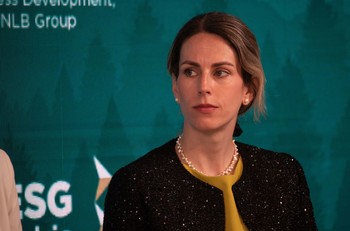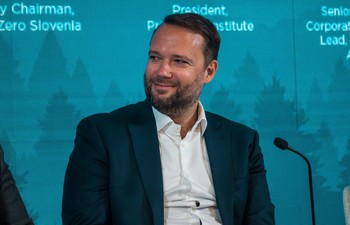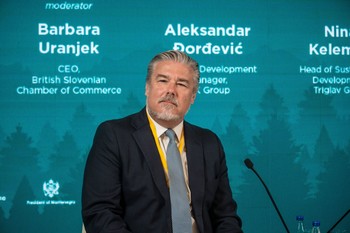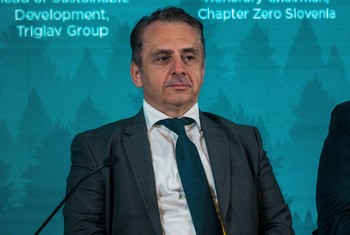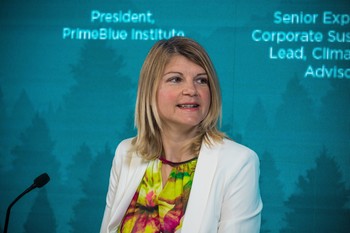ESG Adria Summit: Climate Governance Starts in the Boardroom – And the Time to Act is Now
10 April 2025
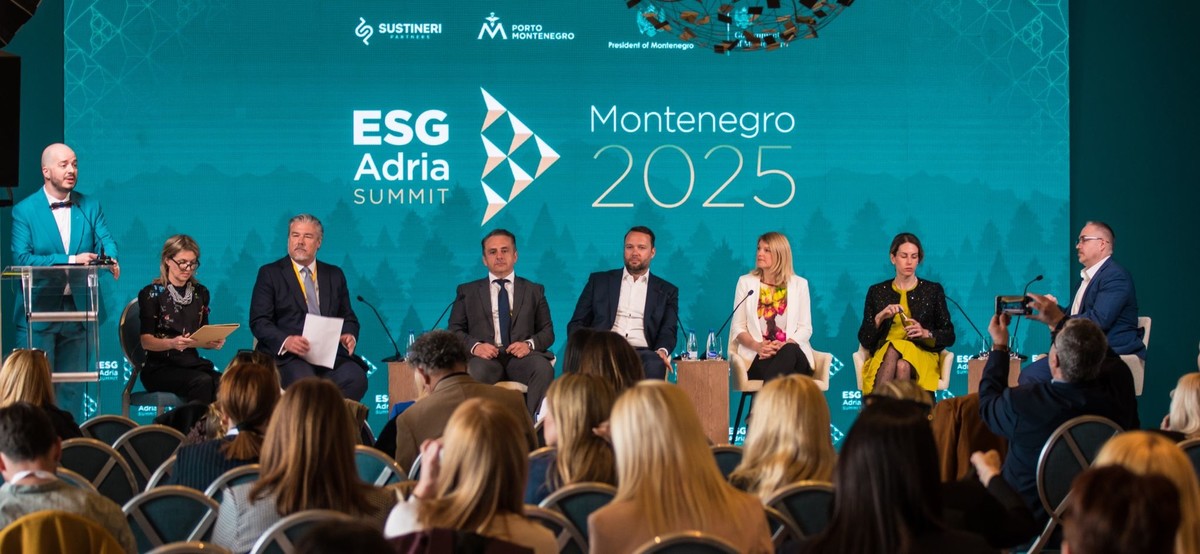
On 10 April 2025, Chapter Zero Slovenia hosted the panel "Chapter Zero in Adria: Making Climate Change a Boardroom Priority" at the ESG Adria Summit in Porto Montenegro, Tivat. The discussion brought together regional business leaders to explore how boards can – and must – lead the response to climate change.
Moderated by Barbara Uranjek, CEO of the British-Slovenian Chamber of Commerce and Member of the Management Board at Chapter Zero Slovenia, the panel made one thing clear: resilience, growth, and competitiveness in the Adria region will depend on how quickly and effectively boards integrate climate considerations into strategic decision-making.
Key messages from our panelists:
Miha Košak, Honorary Chairman of Chapter Zero Slovenia: Ten years ago, climate wasn’t even on the radar for boards, we were still working on basic governance. But today, climate and governance must be addressed together. And it starts with finding like-minded people around the board table.
Zoran Martinovski, President of the PRIME BLUE Institute & Chairman of the Supervisory Board at Tikveš Winery: Anticipating long-term risks is key to business resilience. Climate risks have gone through the roof even in North Macedonia. What’s needed now is large-scale investment in education to reskill or upskill the workforce, green energy infrastructure, and sustainable businesses. With the right incentives, like green loans and bonds, companies can drive this transition.
Maša Njegovan, Director of Corporate Sustainability Advisory at Climate Lens Advisors: Climate governance still seems abstract in the region. The knowledge needs to be built within the boardroom, which many companies lack. It’s clear that boards must take responsibility for climate risks, but without the necessary knowledge, how can they do this?
Ivan Tomić, Director of Strategy and Business Development at NLB Group: NLB operates across both EU and non-EU markets, each with its own regulations, but we don’t recognize borders, when it comes to sustainability. Governments across the region should come together with a credible plan. But we can’t afford to wait, we must take action on what we can control.
Nina Kelemen, Head of Sustainability at Triglav Group: We want to move beyond mere compliance, that is why ESG is part of our broader strategy. With direct board reporting lines, a dedicated ESG department, and a network of ESG coordinators, we’re ensuring climate is part of everyday business. Each company needs to find its own structure, but strong connections with the board are essential.
Aleksandar Đorđević, Business Development Manager at MK Group: We saw climate risks firsthand across tourism, agriculture, and energy. We didn’t have the knowledge at first, so we partnered with those who did. The green transition does come with upfront costs, but we recognised it as an opportunity. Being prepared puts us ahead and that’s where our competitive advantage lies.


